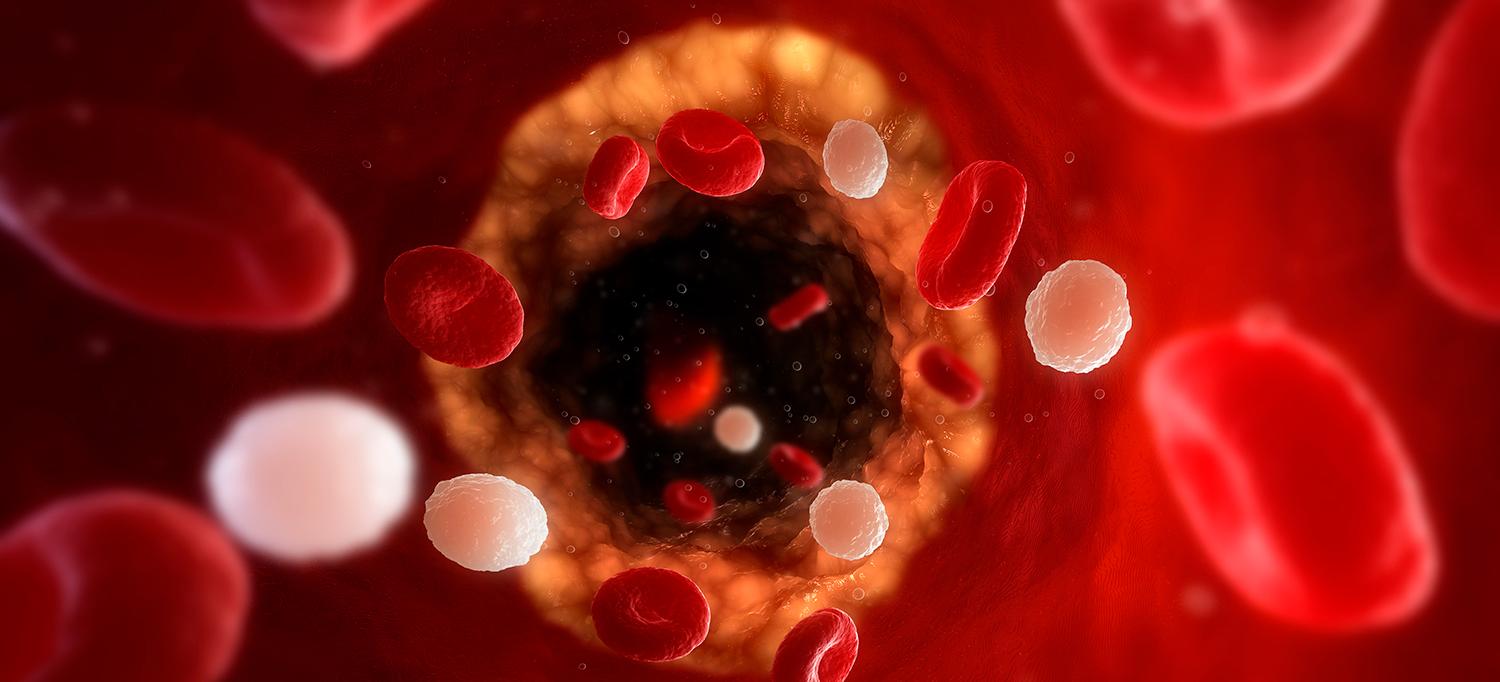
Photo: SCIEPRO/Getty
Statins are a cornerstone, first-line therapy for the prevention and treatment of cardiovascular disease (CVD). But a new study led by researchers from NYU Long Island School of Medicine shows them to be ineffective in patients with the autoimmune disease lupus.
Lupus (systemic lupus erythematosus, or SLE) is a chronic, autoimmune disorder in which a person’s antibodies “attack” their own body, causing inflammation and damage to many parts of the body. It also is associated with increased mortality and an inordinately high risk of cardiovascular disease. More than 1.5 million Americans suffer from Lupus, according to statistics from lupus.org. It particularly impacts younger women; 90 percent of those living with lupus are women, and most develop it between the ages of 15-44.
As reported in the study, published online on August 21, 2019 in Medicina, a research team at NYU Winthrop Hospital’s Biomedical Research Institute found that while statins typically slow down the production of cholesterol, lupus patients are faced with a different dilemma: they do not typically overproduce cholesterol. Instead, the macrophages of lupus patients, like white blood cells, eat the cholesterol without appropriately processing it and shedding it. This results in bloated cells overloaded with cholesterol, which, in turn, create fatty streaks that can lead to artery-narrowing plaque.
“The blood plasma of lupus patients turns out to be a very toxic environment for accumulating lipid,” said lead author Allison B. Reiss, MD, head of the Inflammation Laboratory at NYU Winthrop’s Research Institute and associate professor at NYU Long Island School of Medicine. “The white blood cells exposed to lupus plasma become overloaded with lipid, leading to clogged blood vessels. Since statins proved to be ineffective in altering the bloated state of these cells, it’s important to explore other drugs that are better alternatives.”
The current study expands on prior research—the Lupus Atherosclerosis Prevention Study (LAPS)—which followed the impact of statins on 200 Lupus patients over two years. That study was conducted by Michele A. Petri, MD, MPH, director of the Lupus Center at The Johns Hopkins University School of Medicine. The earlier study uncovered the fact that statins were ineffective in battling CVD in lupus patients. However, it did not uncover why this occurred.
This latest study answers that question. It shows that lupus patients do not overproduce cholesterol—but fail to transport it out of the macrophages. The NYU Winthrop study focused on the plasma of 44 women pre-and post-statin treatment.
“Like any dynamic system, cholesterol movement must be carefully regulated and transport of cholesterol into the cell must be balanced with removal,” says Dr. Reiss. “Our study conclusively demonstrated that in lupus patients, statin treatments failed to correct the plasma-induced disruption of that balance.”
Media Inquiries
Anne Kazel-Wilcox
Phone: 516-663-4999
anne.kazel@nyulangone.org

